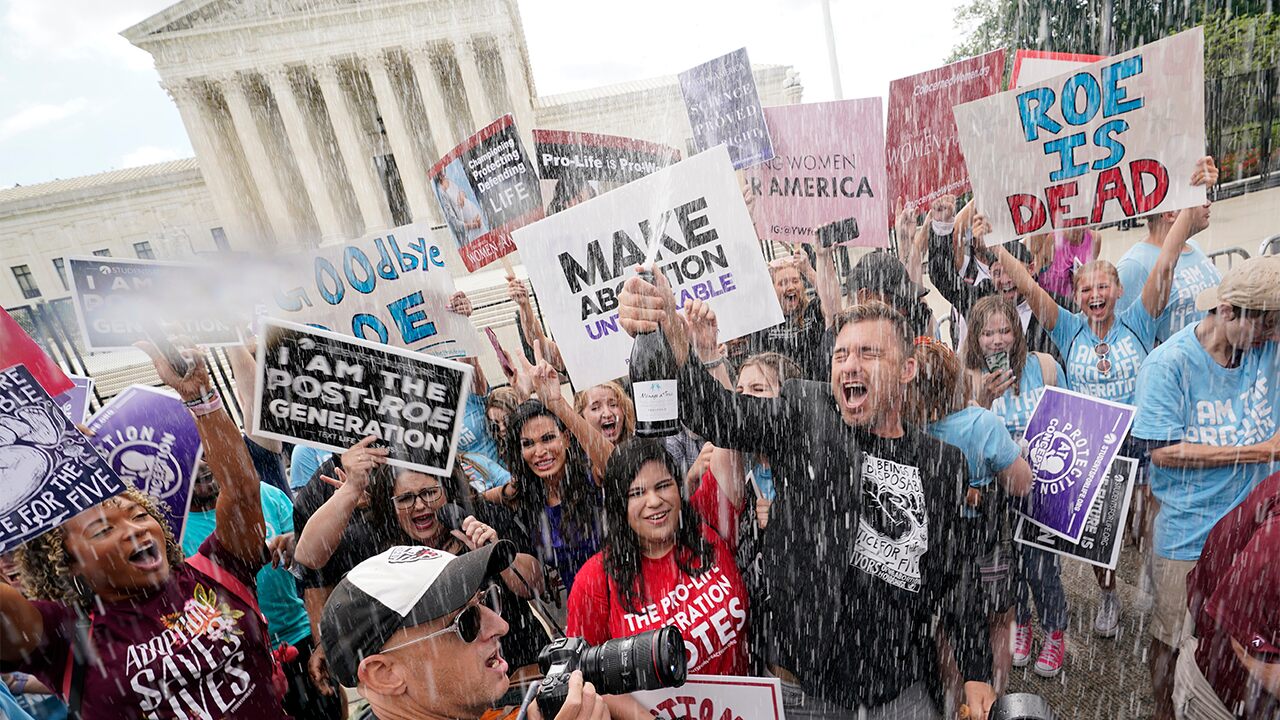Abortion Searches Could Become Criminal Evidence After US Supreme Court’s Ruling
The historic Roe v. Wade ruling from 1973 was overruled by the US Supreme Court on Friday, June 24, leading to almost immediate abortion restrictions and bans in at least 16 states.
In some places where abortion has historically been criminalised, the digital footprints of abortion searchers can already be used against them in court, and the risks may spread to seekers in additional states.
Without any accountability, third-party data brokers sell sensitive geolocation data to law enforcement that has been gleaned from a broad web of personal monitoring technology present in apps, browsers, and gadgets.
Democrats’ last-ditch effort to pass an abortion-protection act in May failed in the Senate, with all Republicans and one Democrat voting against it.
And it’s getting worse.
Oklahoma and Texas, which have so-called bounty hunter laws in place, are relying on civilian enforcement of abortion restrictions by promising $10,000 or more to would-be informants who successfully sue abortion providers and those who help abortion seekers.
Given the inexpensive cost of readily available stores of personal data and how easily they can be de-anonymized, savvy informants could use the information to identify seekers and turn a profit.
These data sets have grown richer, containing more detailed, sensitive, and individually identifiable information as some governments have restricted access to the procedure in recent years.
Read Also: Biden ‘Sad’ About US Supreme Court’s Abortion Ban
Abortion-related web browsing data has been increasingly monitored by both commercial and law enforcement organisations, along with the number of telemedicine abortions.
The end result: If you are facing state criminal or civil charges for a miscarriage, your phone’s data, social media accounts, browsing and geolocation history, and your ISP’s thorough logs of your internet activity may all be used as evidence.
Abortion is still lawful in a number of states even if it is no longer protected by the constitution.
Nevertheless, legislation significantly restricting access to abortion has been proposed or passed in a number of states with Republican governors.
And several states have passed laws that practically outlaw abortion, most notably Texas, which statute the Supreme Court previously upheld.
Although 26 states earlier approved anti-abortion “trigger laws” that are now immediately effective to limit patients’ rights, several states had already taken action to safeguard rights in the event that federal safeguards were reversed.
Data giants like Google, Apple, Facebook, and Twitter also readily hand over users’ personally identifiable data to law enforcement when requested to.
But the companies are now under investigation by federal authorities after being duped into fulfilling fake legal requests that were then used to target and sexually extort women and minors.
These surveillance tactics are among the reasons cybersecurity researchers are increasing calls to action around the privacy of data, spotlighting not just general data vulnerabilities around the web, but geolocation-specific data gathered through mobile apps and made available for purchase by third-party data brokers.

